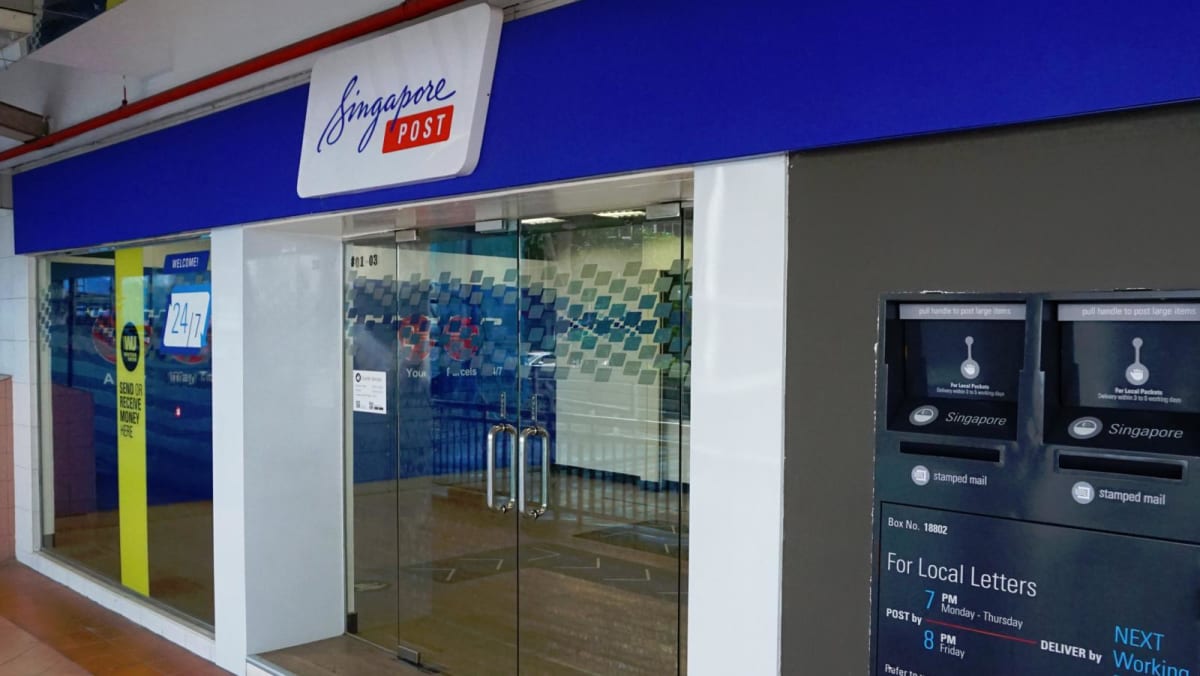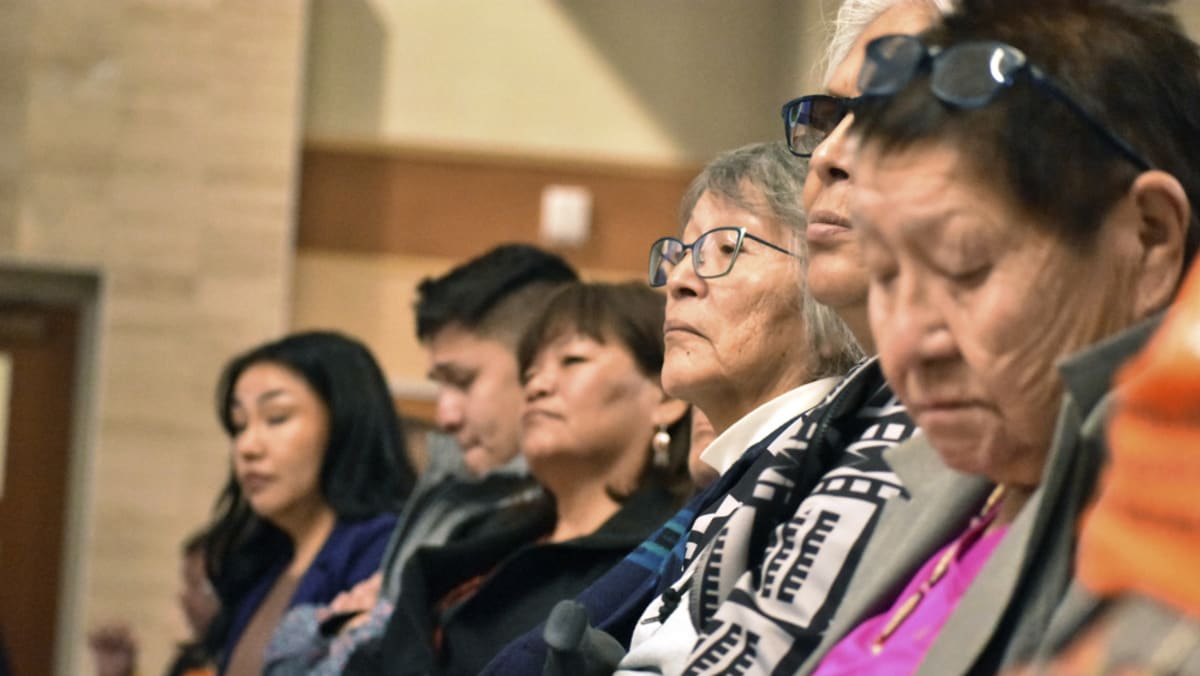JOHANNESBURG: The head of South Africa’s flagship Black economic empowerment plans to introduce additional incentives and potential fines to improve corporate participation and curb exploitation of the system meant to tackle the country’s gross inequality, he said.
The African National Congress, which had ruled unchallenged for 30 years until it lost its parliamentary majority in May elections, is under intense pressure to improve the lives of Black people left disadvantaged by decades of white minority rule.
The empowerment law enacted in 2003 created a scorecard system that encourages companies to hire and promote Black people by offering them tax breaks and access to government contracts.
Two decades later, unemployment is five times higher for Black people than for white people and income inequality is the worst in the world, according to the World Bank, and critics say the empowerment policy has not worked.
“There’s no society that can be viable with (this) level of inequality,” Tshediso Matona, head of the Broad-based Black Economic Empowerment Commission told Reuters.
Under the voluntary programme, companies earn points in categories such as Black ownership, management control and skills development.
However, Matona says some companies inflate their scores by falsely listing Black people as managers, a practice commonly known in South Africa as “fronting”, a crime under the law.
The commission, which refers cases of infringement to state prosecutors, has received 1,348 complaints of fronting since 2017, said Matona. He added, without saying how many cases had been sent to trial, that no one had yet been convicted of fronting largely because the criminal justice system was “still figuring out how to work with the B-BBEE regulation”.
Listed companies are required to disclose their Black empowerment status in annual reports, but fewer and fewer are doing so. In 2022, only 141 of about 400 listed companies submitted a report.
Matona said he hoped to enhance company incentives for compliance while “naming and shaming” and possibly fining those which fail to submit the reports.
President Cyril Ramaphosa has said he wants to focus on showing companies the advantages of Black empowerment, but that if they refuse to comply then penalties would be needed.
“On this one (Black empowerment), we are unequivocal,” Ramaphosa told reporters over a week ago, describing racial inequality as an “existential challenge” for South Africa.
“It must be done, and it will be done.”
Matona would not be drawn on the specifics of the proposals but said incentives could focus on increasing recognition for companies that invest in skills and enterprise development and should not be “too obsessed about ownership in existing businesses”.
He said he hoped to have amendments to the law tabled in parliament within 12 months.
Any inclusion of punitive measures could set the ANC on a collision course with its coalition partner, the pro-business Democratic Alliance party, which has said it would resist them.
“Businesses don’t exist for altruistic purposes, we must accept that,” said DA labour spokesperson Michael Bagraim.
“BLACKWASHING” AND TRAINING LOOPHOLES
A common criticism of the affirmative action system is that it made a small number of political insiders extremely wealthy through shareholding deals, especially in its early years.
Economist Duma Gqubule said his research – based on an analysis of companies’ annual reports and shareholding plans – found Black ownership of the 50 biggest firms listed on the Johannesburg bourse was barely 1 per cent, far below the official average figure of about 30 per cent.
This was because legal loopholes allowed firms to count Black shareholders even after they sold their stake, or to use shareholding structures that artificially increase Black ownership, a practice Gqubule described as “Blackwashing”.
Matona blamed a lack of oversight of independent agencies which issue Black empowerment scorecards and said the industry needed regulation.
His attempt to shift the focus away from ownership to skills development and training also has loopholes, consultants and trainees Reuters spoke to said.
To get skills points companies must pay for training courses for Black people, but they don’t have to hire them. Some engage a consultancy to find them disabled people to train, because these earn more points, the head of one such consultancy said.
This often leaves Black job seekers in a cycle of training.
“They keep on promising us that they will hire us but they’ve never done that,” said Nonhle Mnguni, a 22-year-old woman in Soweto who has done such courses in business administration, banking, freight forwarding and call centre work since leaving high school.
Giles Von Broembsen, CEO of property management company Pretor Group, said his company ran training programmes for employees, more than half of whom are Black, but that he could only earn points by sending them on a training course elsewhere.
“The points and the scoring and the system is all very laudable, but it’s not practical,” he said.
While some political and economic analysts agree with Matona’s approach to push for more compliance, others want the law repealed, saying it adds unnecessary bureaucracy which increases business costs and deters foreign investment.
“I think the whole thing should be repealed,” said political analyst Moeletsi Mbeki. “(The state) should help entrepreneurs to develop new businesses, irrespective of their race.”













